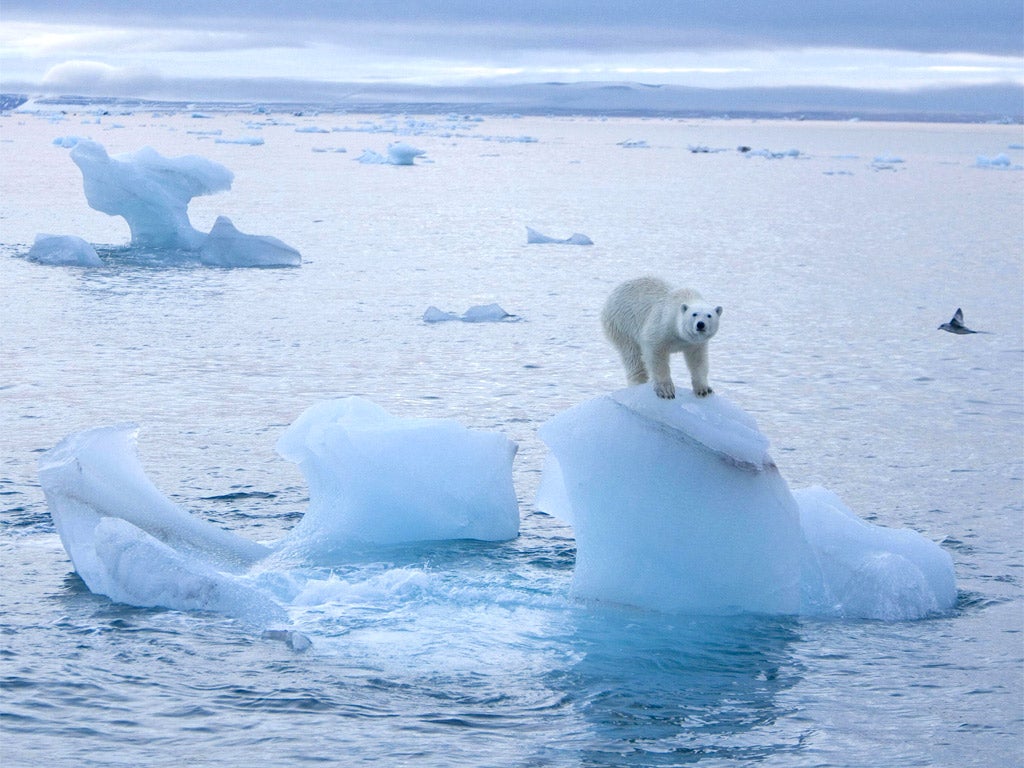Arctic ice hits record low

A report in The Washington Post confirms predictions reported in The Independent last month: The sea ice extent reached a new low of 1.32million square miles on September 16th. That's 293,000 square miles less than the record set in 2007. It is now beginning to refreeze for the winter, according to US body, the National Snow and Ice Data Center (NSIDC).
"We are now in uncharted territory," says Mark Serreze, NSIDC director, quoted in the Post. “While we’ve long known that as the planet warms up, changes would be seen first and be most pronounced in the Arctic, few of us were prepared for how rapidly the changes would actually occur.”
“While we’ve long known that as the planet warms up, changes would be seen first and be most pronounced in the Arctic, few of us were prepared for how rapidly the changes would actually occur.”
And yet the climate change sceptics still doubt...
Join our commenting forum
Join thought-provoking conversations, follow other Independent readers and see their replies
Comments
Bookmark popover
Removed from bookmarks